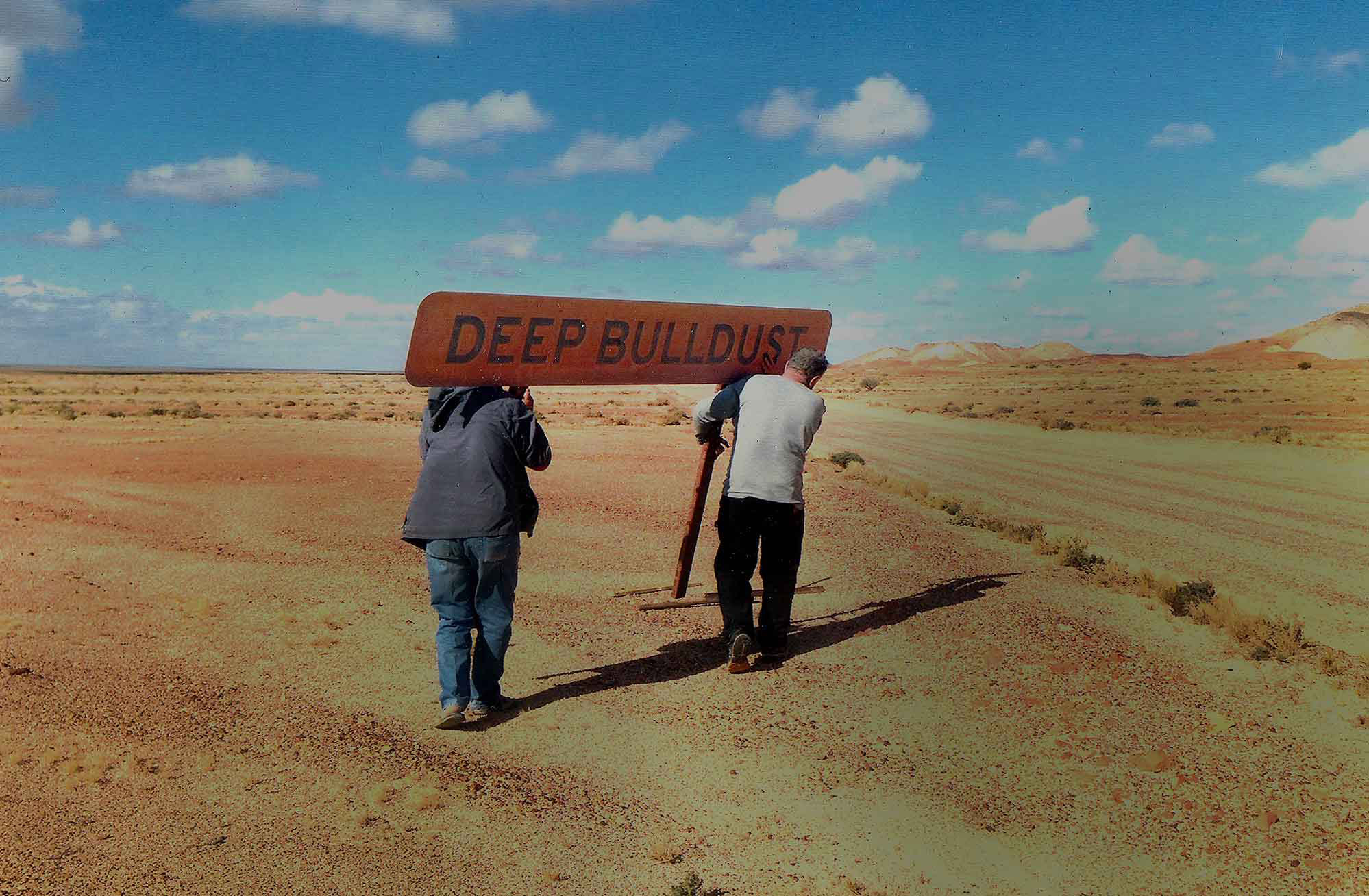Should you be the owner of an ancient Pye radiogram, a Kreisler television or any of the plethora of audio visual appliances once manufactured in this country, then you may well be accustomed to unsuccessfully attempting to have it repaired.
“You can’t get the parts…” the repair guy would say.
Not so fast: you might get the parts – or you could until Robby’s started to close down.
Horace ‘Robby’ Robinson’s shop in Long Street, Queenstown is a vast shambles of electrical components and assorted paraphernalia, its gloomy corridors catalogued with jars of diodes, triodes, transistors, switches, relays, valves, everything.
It is the lurking place of the electrical tinkerers who would never say die to that old radio or record player. They inhabit the half light of Robby’s corridors and byways, searching for elusive buried electrical treasure. These fixers and repairers are an almost secret club of electrical savants who know how all these things work – what a thermal overload relay does or how a three phase rectifier transformer can be fixed. Get them started and they’ll tell you about the glory that was ETSA or how they fixed a discarded Bang and Olufsen television from the hard rubbish with a $2 part (from Robby’s of course). They thrive within a filigree of useful contacts that can repair almost anything that has had a current running through it. Robby’s is – or rather was – one of the vital nodes in that spider web.
But Robby is 89 now and his eyesight is going. The vast stock of the shop, which over the last 50 years has been a car parts business, a hardware store and secondhand furniture shop, is being sold off in a series of sales by his children Lyn and Paul.
Apparently Robby never had any formal training in the electrical and electronic trades but he obviously knew a thing or two about auctions and bargains, picking up the remnants of disappearing industries and enterprises. Equipment from Woomera and the Weapons Research Establishment can still be found amongst the boxes and shelves, some of it made to measure or record some part of that great imperial endeavour that went on secretly in South Australia’s deserts in the 50s and 60s.
At these Saturday morning closing sales, Lyn and Paul guard the entrance and reminisce with the regulars. Bargain hunters and repairers– most of whom seem to know each other – emerge from rummaging through dusty boxes and shelves with odd collections of electrical loot for which they can see a potential use. They leave satisfied but often express a sadness that such a place will no longer exist. In a few weeks time there will be a big final auction and the site will no doubt end up as yet another real estate development.
So does it matter that places like Robby’s vanish? It matters not just because we will have boring sterile suburbs but because it represents another unravelling of the rich and largely hidden social networks in which people find meaning, learn new things, share knowledge. Those networks make our cities livable and while the Internet replicates some of those networks, there is no substitute for the tangible experience and deep handiness that goes with places like Robby’s. We will be the poorer for its passing.
